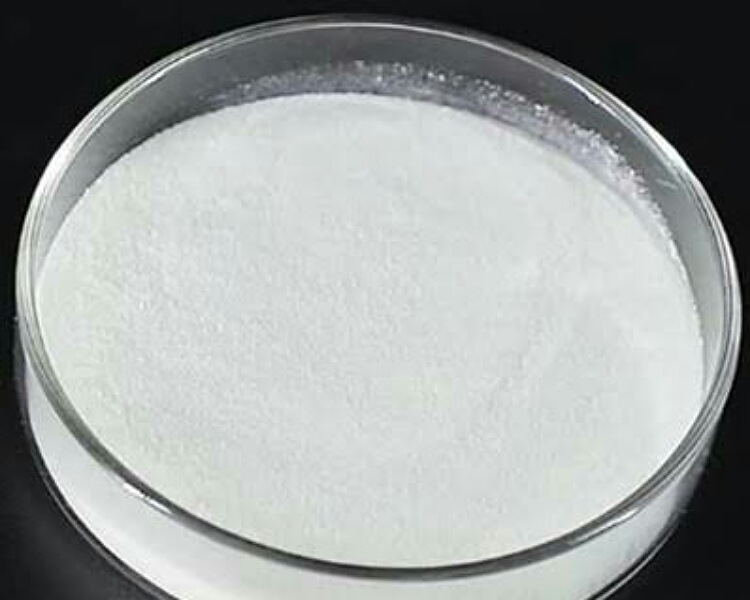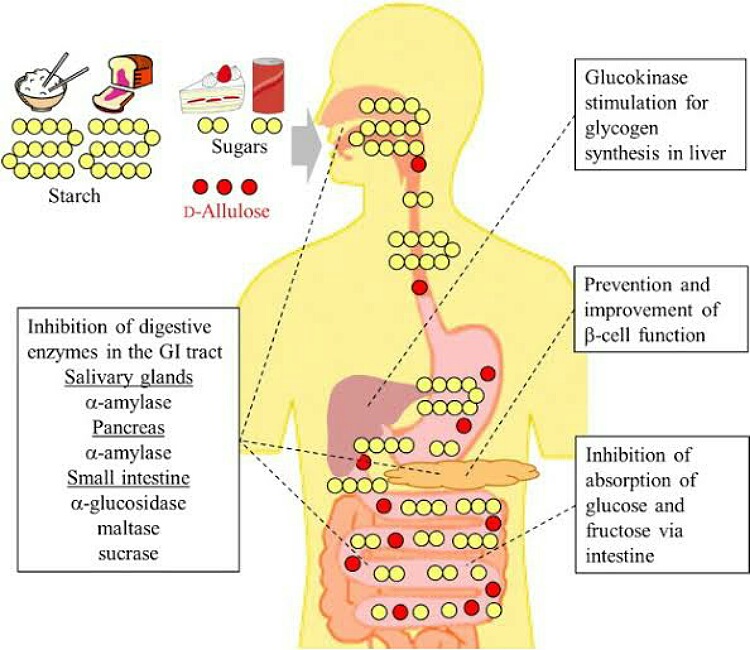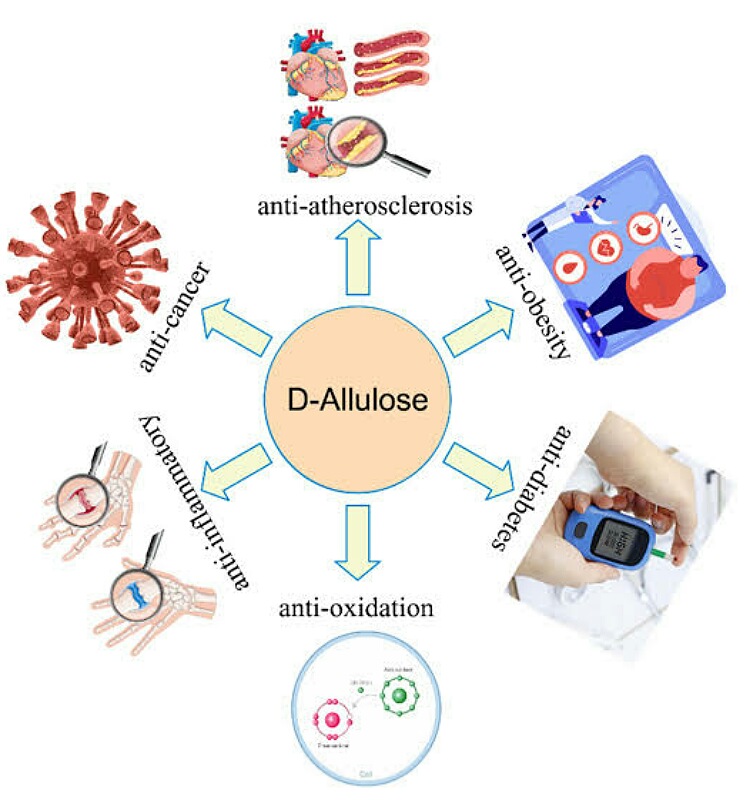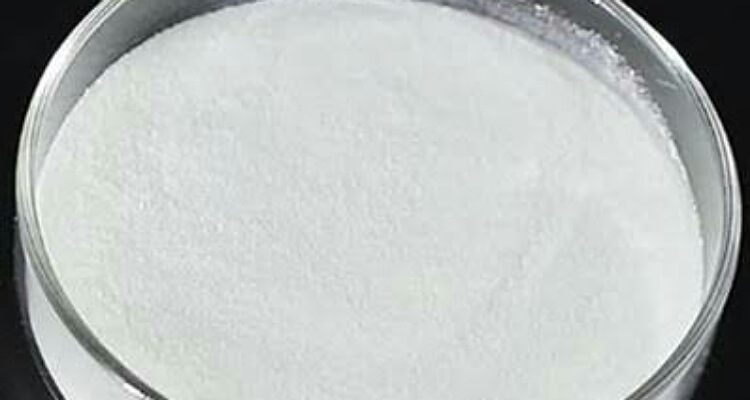Allulose or D-allulose or D-Psicose is an artificial sweetener that is gaining popularity.
People with a sweet tooth can now enjoy sweetness without worrying about calories. But what exactly is allulose? Is it a safer alternative to regular sugars?
Allulose or D-allulose
D-allulose was initially first found in wheat in the 1940s. Later, its presence was identified in small quantities in other natural foods too. Chemically, allulose is the low calories epimer of the monosaccharide, fructose.
It has been harnessed commercially to sweeten foods and beverages artificially. Its chemical formula is C6H12O6. Its molecular weight is 180 and its melting point is 58 degrees Celsius.
The USA FDA has declared it as a generally recognized safe (GRAS) sugar substitute.

Allulose has a different metabolism compared to other sugars. Therefore, USFDA has excluded it from listing under sugars on the labels of foods prepared with it. However, it should be put under carbohydrates as 0.4 cals/g.
Sweetness and actions
Allulose is 70% as sweet as sucrose. But it has one-tenth the calories of normal sugar. It lacks bitterness and on its consumption, the person feels some cooling effect.
It undergoes minimal metabolism and largely gets excreted unchanged. And it has a low to negligible glycemic index. Hence, it can control the high sugar spikes in diabetics.

Allulose also inhibits the gut enzymes, α-glucosidase, maltase, sucrase, and α-amylase. These enzymes break down complex carbs into monosaccharides.
Additionally, allulose also prevents the absorption of glucose in the intestine. All this coupled with its low caloric content prevents glucose from rising in the blood. It also acts on lipid enzymes and overcomes hyperlipidemia.
Since it prevents the uptake of glucose, this glucose is broken down by gut bacteria to produce gas. Therefore some people experience flatulence, bloating, and loose motions on taking allulose.
Allulose and health
Regular sugar intake can give rise to a host of ill effects on the body. Heart diseases risk and type 2 diabetes risk increase. It can cause weight gain and obesity. But sweet foods taste good.
Therefore when allulose is used in foods in place of regular table sugar, there is sweetness without the health risks. Multiple studies have revealed that this rare sugar enriches the food but does not lead to high sugar spikes.
Therefore, it is a good alternative to table sugar. It lowers the chances of obesity with sweet foods. It lessens inflammation in the arteries of the body. And improves insulin resistance.

Also, read more here on the Salt and sugar tax in England: Will the government accept this proposal?
Another advantage of this sugar alternative is that it does not promote tooth cavities. Hence, one can consume this sugar with no guilt or health risks.
But just be careful that it could cause some abdominal discomfort and gas problems in some people if taken in excess. 24 grams in one sitting and 54 grams in a day are safe.
